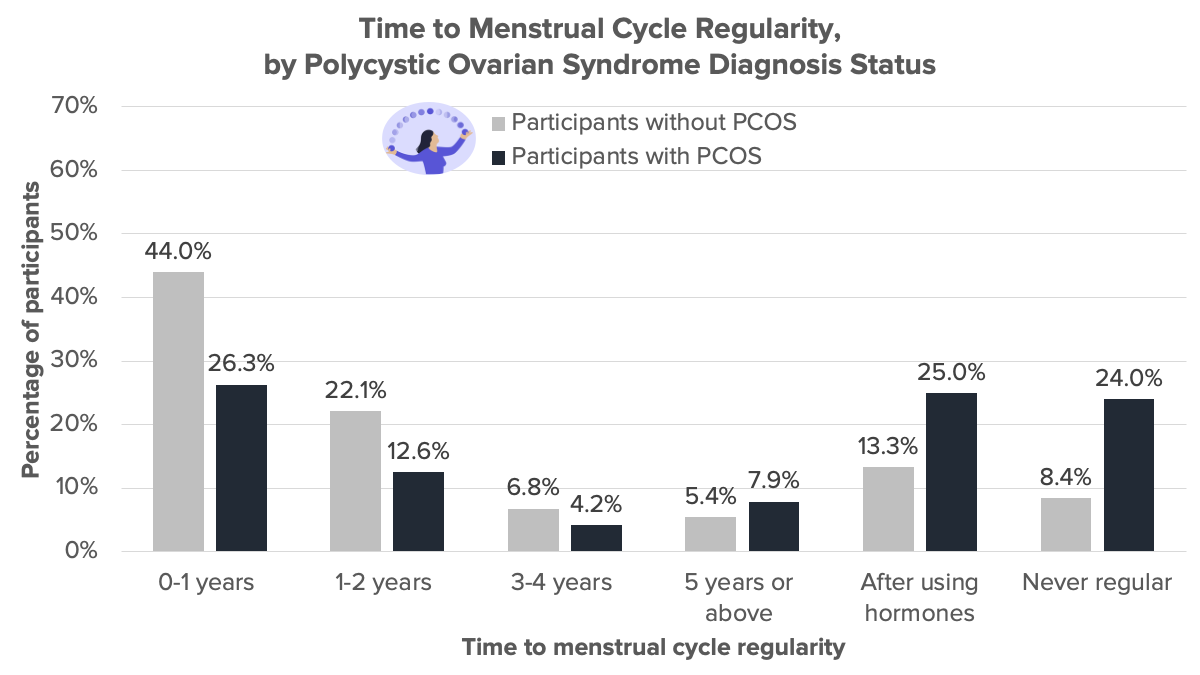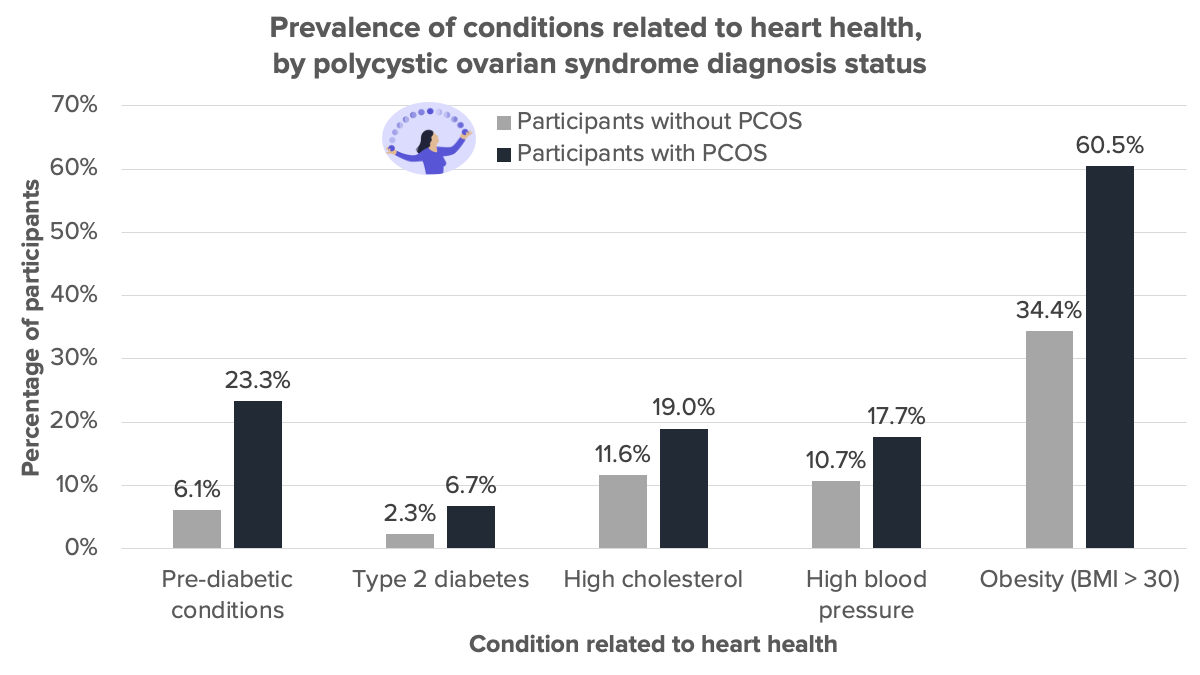Women wear many hats and we juggle it all quite well actually. But most of us tend to put our families before our own health.
On Women’s Day, while we love the flowers and accolades, it is time to take charge of our own health and start understanding the importance of looking after ourselves. We need reminders from time to time that tell us we are important and our well being comes first and cycle tracking is a great tool that can help.
Now menstrual cycles differ from person to person and there can be changes from one month to another, and that is normal. Sometimes cycles are shorter or longer in length, having heavier or lighter bleeding, or experiencing new or different symptoms. Periods change for many reasons, including stress, medication, and age.
However, changes to your period that last several months or are different from your typical period can be a sign that something may not be normal.
Here are signs that may indicate that you need to see a doctor.
- Your period lasts more than ten days.
- Your period flows so heavily that it impacts your daily routine.
- The time between your periods is less than 24 days or more than 38 days.
- You don’t get a period.
- You spot or bleed frequently in between periods.
Did you know – An estimated one in five (20%) Indian women suffer from PCOS – Polycystic Ovarian Syndrome. PCOS is not a disease, but a condition that can present itself in different ways.
Periods are a window into overall health. The Apple Women’s Health Study – Harvard T.H. Chan School of Public Health revealed PCOS was diagnosed between the ages of 14 and 35, with a median age of 22 years old.

Harvard T.H. Chan School of Public Health, the National Institute of Environmental Health Sciences, and Apple survey helped researchers understand the relationship between persistent abnormal periods, PCOS, and heart health.
- 23% of participants with PCOS had a family history of PCOS and are between the ages 14 and 35
- More than 70% of participants without PCOS reported that their menstrual cycles became regular within four years of their first period.
- Only 43% of participants with PCOS reported that their cycles become regular during the same time frame.
- 61% of participants with PCOS reported obesity
Shruthi Mahalingaiah, Assistant professor of environmental, reproductive, and women’s health at the Harvard T.H. Chan School of Public Health says
“We need to ensure the health and well-being of women across the globe. To achieve this goal, we must understand the burden of gynaecological disease by addressing the research gap in women’s and menstrual health research. Our study hopes to empower women to contribute longitudinal, scientific data as they go about their everyday lives, rather than only being able to gather fragmented data in a limited setting or during a doctor’s visit.“
The study also brought to light that
- Irregular heartbeat or arrhythmia was more common among participants with PCOS (5.6%) than participants without PCOS (3.7%)
- 4 times more likely to have pre-diabetic conditions
- 3 times more likely to have Type 2 diabetes
- 2 times more likely to have high blood pressure and high cholesterol
While we often think about PCOS as impacting periods and menstruation, it is also closely linked to heart and circulatory health. PCOS may increase the risk of diabetes, high blood pressure, high cholesterol, obesity, and cardiovascular disease.

Did you know that
Accurate cycle tracking may help your doctor make important diagnoses, which is critical in risk assessment, prevention of some unwanted effects of the disease, and implementation of changes in your routine for better health.
Cycle Tracking is actually available on every iPhone globally in the Health app, and on Apple Watch. The feature encourages users to stay in touch with their menstrual cycles and the symptoms they are experiencing during it, and track that information next to all of their other health information.
Like all health data, Cycle Tracking data is encrypted and only accessible with the user’s passcode, Touch ID, or Face ID. Users’ health data is never shared with anyone or with Apple without users’ explicit permission.
If you want to know where you can find this on your phone, you can watch the video below
Also, it is time we dispel the common myths that if you are diagnosed with PCOS- you cannot conceive or chances of natural childbirth are very slim.
Is PCOS Curable?
At KSP we spoke to Dr Akhila Joshi, Founder, Akhila Soukhya, an expert on a mission to help create awareness on PCOS, infertility, weight loss, diet and healthy lifestyle and she shared some valuable insights and information in this video. She shares information that indicates that this condition is curable. Watch the video to know more.




















